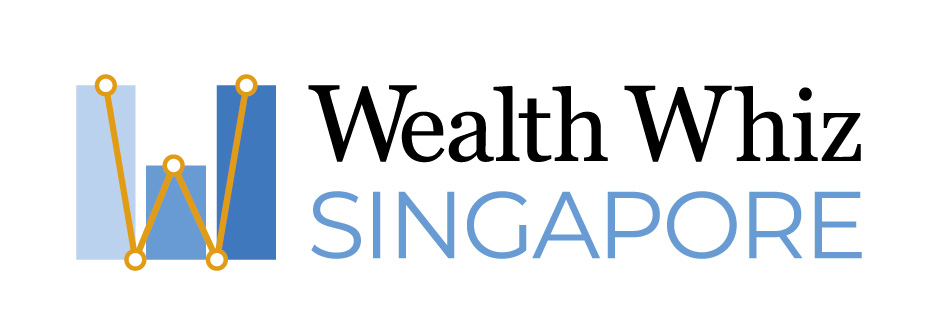Renovation loans in Singapore serve a distinctive purpose, catering to individuals and businesses seeking to refurbish, upgrade, or renovate their properties. Whether it’s a home undergoing a facelift, a commercial space undergoing a makeover, or an establishment investing in structural improvements, renovation loans offer a financial avenue to fund these endeavours. This financial instrument plays a crucial role in supporting the continuous evolution and revitalization of Singapore’s built environment.
The application process for renovation loans is characterized by its meticulous nature. Borrowers typically approach banks or financial institutions to initiate the application. Lenders assess the creditworthiness of the applicant, considering factors such as income, credit history, and existing debts. The detailed renovation plans and estimated costs also form integral components of the application, helping lenders gauge the feasibility and necessity of the proposed renovation project.
Interest rates on renovation loans are significant considerations for borrowers, influencing the overall cost of the renovation project. In Singapore, interest rates can be fixed or floating, providing borrowers with options that align with their preferences and risk tolerance. Fixed interest rates offer stability and predictability, remaining constant throughout the loan tenure. On the other hand, floating rates fluctuate based on market conditions, potentially providing flexibility but exposing borrowers to interest rate volatility.
The regulatory framework governing renovation loans in Singapore is overseen by the Monetary Authority of Singapore (MAS). MAS sets guidelines to ensure responsible lending practices, safeguarding the interests of both borrowers and lenders. These regulations aim to prevent excessive borrowing, promote transparency in loan terms, and foster a healthy financial environment within the renovation loan sector.
Collateral is a common consideration in the approval of renovation loans, although the nature and extent may vary among lenders. Borrowers may be required to provide collateral in the form of assets or property, offering lenders a form of security in case of default. The evaluation of collateral depends on factors such as asset value, market conditions, and the scale of the renovation project.
Government initiatives in Singapore complement the renovation loan landscape, contributing to the sustainability and innovation of the construction and renovation sectors. The Home Improvement Programme (HIP), initiated by the Housing and Development Board (HDB), is an example of a government-led effort to upgrade and enhance public housing estates, offering financial support to eligible homeowners.
Renovation loans in Singapore serve as an indispensable resource for individuals and businesses embarking on transformational journeys for their properties. The meticulous application process, considerations of interest rates, collateral requirements, and adherence to regulatory guidelines underscore the complexity of securing renovation financing. With the support of government initiatives and a robust regulatory framework, renovation loans reflect a commitment to quality living and sustainable development in Singapore.
Back to Article List
